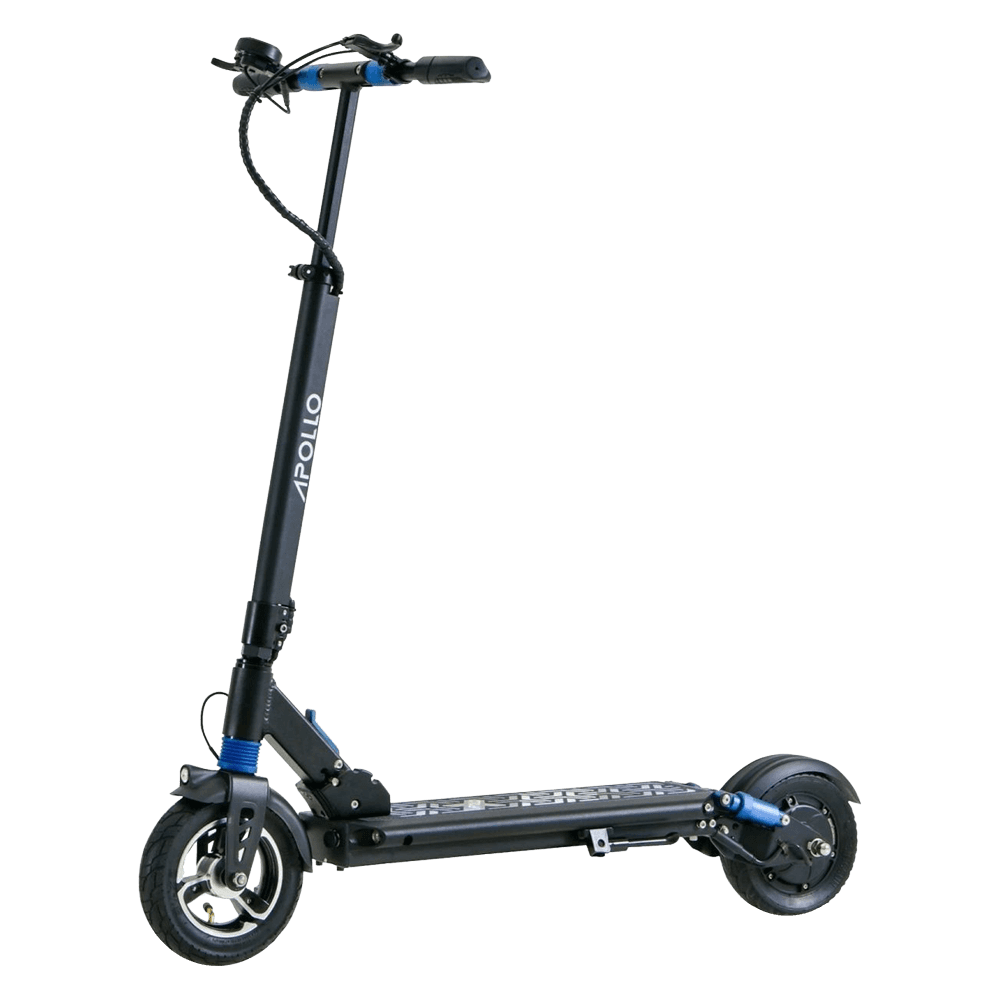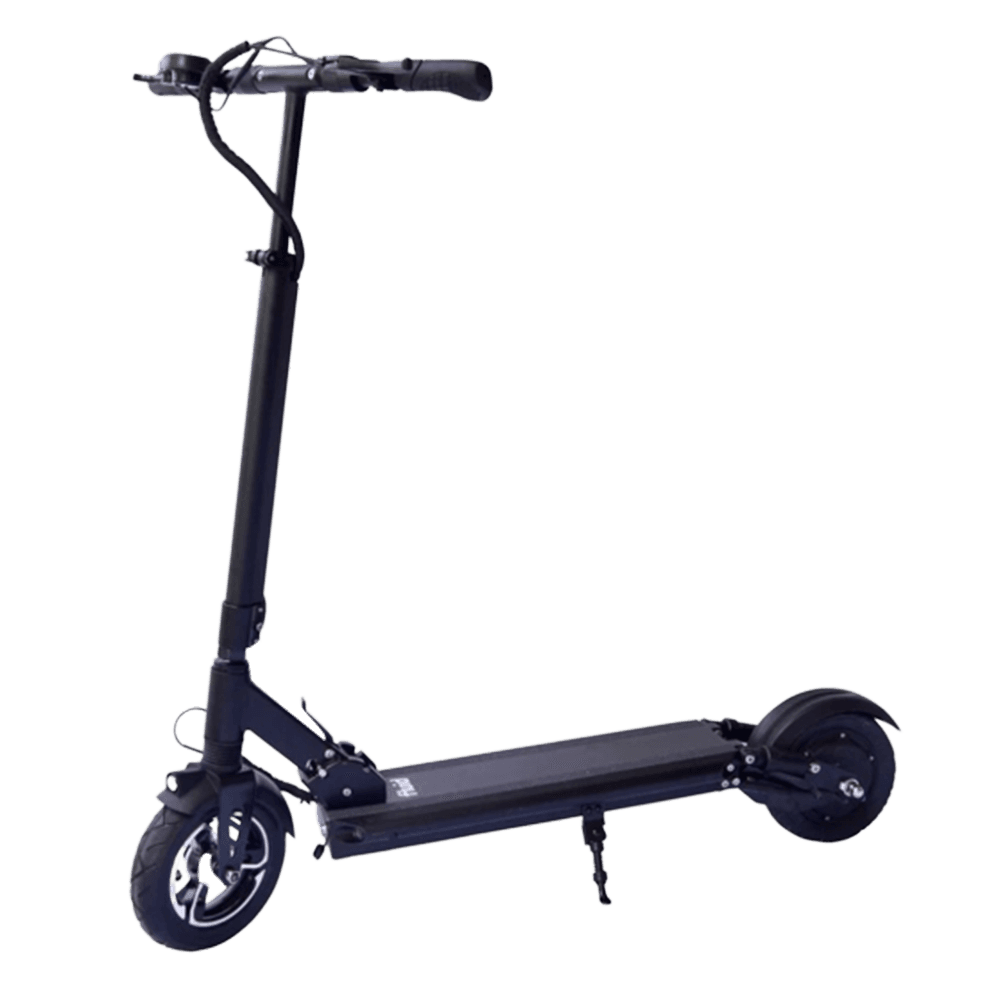Electric scooter comparison
Compare the Apollo Light and the Fluid Freeride Horizon (13 Ah)
Review the specs, pricing, and rider-focused details for the Apollo Light versus the Fluid Freeride Horizon (13 Ah). Every matchup is sourced from Levy's internal database so you can make a confident choice.

Scooter A
Apollo Light
Range 16.3 mi • Top speed 22 mph
$799

Scooter B
Fluid Freeride Horizon (13 Ah)
Range 26 mi • Top speed 24 mph
$799
Specification breakdown
| Spec | Apollo Light | Fluid Freeride Horizon (13 Ah) |
|---|---|---|
| Range (mi) | 16.3 mi | 26 mi |
| Top speed (mph) | 22 mph | 24 mph |
| Weight (lbs) | 38.4 lbs | 38.4 lbs |
| Motor power (W) | 350 W | 500 W |
| Battery capacity (Wh) | 490 Wh | 624 Wh |
| Brakes | Drum | Drum |
| Tires | Mixed | Mixed |
| Waterproof rating | IP54 | None |
| Suspension | Dual Spring | Dual Spring |
| Price (USD) | $799 | $799 |
Comparing the Apollo Light and Fluid Freeride Horizon Electric Scooters: A Detailed Look
Equipped with impressive designs and state-of-the-art technologies, both the Apollo Light and the Fluid Freeride Horizon offer remarkable performances for any e-scooter enthusiast. However, subtle differences lie in their performances, features, and price offering unique riders' experiences.
Starting with their performances, the Fluid Freeride Horizon provides more powerful range and speed compared to Apollo Light. It excels with its 13 Ah battery capacity, ensuring longer trips and more substantial terrains, offering a maximum range of 20 miles on a full charge. Conversely, the Apollo Light, powered by a lesser 10 Ah battery, still offers a respectable range of 15 miles.
In terms of speed, both scooters offer peak performances. Fluid Freeride Horizon outshines with a top speed of 20 mph, whereas the Apollo Light provides a slightly lower high speed at 18 mph.
As for their build, both scooters come with sturdy designs to withstand routine use while ensuring riders' comfort and safety. The Apollo Light comes with a unique feature of being ultra-lightweight and compact, making it perfect for city commuting and ease of storage, whereas the Fluid Freeride Horizon is more robust, making it ideal for rough terrains.
On the other hand, the pricing of these models might sway potential buyers. The Apollo Light is more in the premium bracket, while the Fluid Freeride Horizon offers similar features and performances at a much affordable price.
In conclusion, the Apollo Light and Fluid Freeride Horizon are excellent e-scooters worth considering based on performance, features, and pricing. The choice boils down to individual preferences and needs of usage.
Keep researching with Levy
Browse thousands more matchups or reach out to our team for personalized scooter advice.


